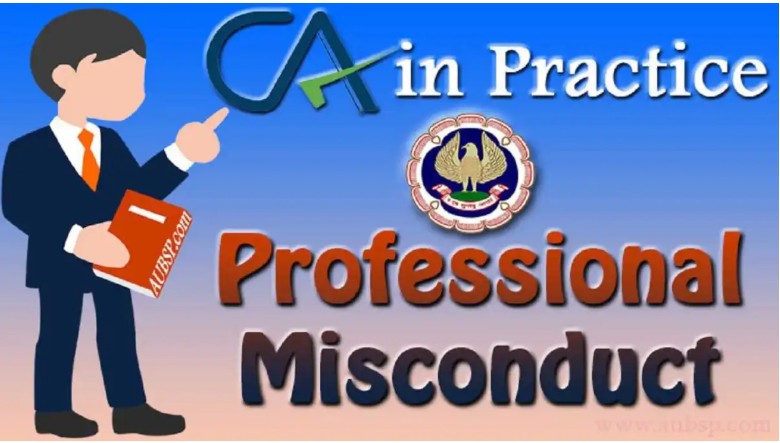Baharul Islam, J.@mdashThis appeal is by the plaintiffs who filed a suit for declaration that they were Indian citizens after they had been served with a quit India notice by defendant No. 3 Superintendent of Police, Nowgong.
2. The material facts of the plaintiff''s case are:
Plaintiff No. 1 is the husband, plaintiff No. 2 is his wife, and the other plaintiffs are their children. The plaintiff No. 1 was born in the district of Mymensing. which was in Bengal, a province of undivided India at that time and now a part of Bangladesh. He migrated to Assam with his parents and brothers about 40 years ago and settled at village Khalihamari under Samaguri Polica Station in the district of Nowgong. His wife and the children were Indian citizens by birth and that all of them have been living in Assam. The plaintiff No, 1 also has his landed properties in Assam and he is a voter of the Assam Legislative Assembly. But as the plaintiffs were served with a notice to quit India by the Superintendent of Police, Nowgong (respondent No. 3), they filed the suit after having issued notice u/s 80, Civil P.C.
3. The defendants filed a written statement and contested the suit. They denied the allegation of the plaintiffs that they were Pak Nationals.
4. The learned trial Court framed a number of issues of which Issue Nos. 4 and 7 are relevant. They are:
4. Whether the plaintiffs are citizens of India?
7. Whether the suit is barred by limitation?
5. Both the Courts below have concurrently found that the plaintiffs are Indian citizens, but they have held that the suit was barred by limitation and dismissed the suit.
6. The only point canvassed before me by Shri S.N. Bhuyan learned Counsel of the appellant is that the learned courts below erred in holding that the suit was barred by limitation. Shri M.A. Laskar, counsel for the respondents on the other hand submits that the findings of the learned Courts below were correct as Article 53 which provides a period of three years for filing a declaratory suit applies to the case in hand. On the other hand. Mr. S.N. Bhuyan, submits that there is no period of limitation in such a suit and, as such, the suit was not barred by limitation. In support of his contention Mr. Bhuyan cites before me a Division Bench decision of the Bombay High Court in the case of
We are afraid, the dismissal of the appeal and the suit by the Single Judge does not appear to have been warranted, The trial Judge has found that the plaintiff had proved his being a citizen of India on 26th Jan. 1950. This finding does not appear to have been challenged in appeal and he has not considered it fit to reverse the same. Even before us the learned Assistant Government Pleader had very little to say while challenging this finding of fact. It was not disputed that the plaintiff came to India in the year 1941, while he was still a boy of 14 years, he having been born in Afghanistan in the year 1926. He appears to have become major in the year 1944 and has not left India at any time during the period from 1941 till the institution of the suit on 23rd Jan., 1962. He declined to accompany his uncle, who left India in the year 1946. He has been married in India and has been doing business in India. He is registered as a voter and has exercised franchise. These undisputed tell-tale facts are by themselves sufficient to hold that the plaintiff has adopted India as a domicile of his choice notwithstanding he having been born in Afghanistan in the year 1926.
A person found to be a citizen at the commencement of the Constitution possesses certain fundamental rights including freedom of movement and protection against unwarranted interference therewith. It is difficult to resist his claim for protection'' against unlawful interference if such case is made out....
Their Lordships further observed:
It is well settled that Limitation'' Act only bars remedy and does not destroy the substantive rights, excepting as provided u/s 28 (of 1908 Act) with regard to the rights in immovable properties. Status of a person as citizen of India cannot be said to have been extinguished merely because his remedy for getting declaration to that effect is lost due to the bar of limitation.
Their Lordships decreed the suit.
7. The facts of the case in hand are exactly similar to those of the Bombay case (supra}.
8. In my opinion the matter may be approached from another point of view.
9. In my opinion Section 22 of the Limitation Act, 1963, applies to the present case. The defendants'' quit India notice constitutes a threat of deportation overhanging the plaintiffs every moment and is a continuing tort within the meaning of Section 22 of Limitation Act. "A tort is a civil wrong". "A wrong is simply a wrong act - an act contrary to the rule of right and justice. A synonym of it is injury (Salmond''s Jurisprudence). Both the Courts having concurrently found that the plaintiffs are Indian citizens, which finding of fact has not been as it cannot be, challenged before me, the plaintiffs have a right guaranteed by the Constitution to stay in India. By the threat of deportation, the defendants have committed a continuing civil wrong or a continuing tort on and from the date of service of the notice to quit India upon the plaintiffs and the cause of action of the suit arose de die in diem.
Interpreting the expression "continuing wrong" in Section 23 of the Limitation Act, 1908, the Supreme Court in
It is the very essence of a continuing wrong that it is an act which creates a continuing source of injury and renders the doer of the act responsible and liable for the continuance of the said injury. If...a wrongful act is of such a character that the injury caused by it itself continues, then the act constitutes a continuing wrong.
As a result of the foregoing discussions, it must be held that the suit is not barred by limitation.
10. In the result the appeal succeeds and is allowed. The judgments and decrees of the Courts below are set aside. The respondents shall pay costs of this appeal.

